|
By Junsoung “Steve” Kim, HRNK Research Intern
Edited by Rosa Park, HRNK Director of Programs and Editor and Benjamin Fu, HRNK Research Intern July 28, 2020 North Korea and China are close allies in terms of socio-economic development, and China's growing influence over North Korea and the international community has made it hard for the United States and its allies to reach valid agreements with North Korea.[1] There is strong evidence of bilateral trade between the two countries, such as oil transactions, which are illegal according to United Nations Resolution 2375.[2]
2 Comments
By Kathryn Wernke, HRNK Research Intern
Edited by Rosa Park, HRNK Director of Programs and Editor and Camille Freestone, HRNK Research Intern July 23, 2020 North Korea’s prison system is a vast network used to punish disloyalty and maintain the iron grip of the Kim regime on its people. It is, however, also a system rife with exploitation of women, in which abusers have an unknown, limitless number of victims and virtually no risk of punishment. According to the 2014 United Nations Commission of Inquiry report on North Korea, female prisoners face torture, rape, forced abortions, and other sexual violence amounting to crimes against humanity.[1] Due to the lack of sexual education, the societal stigma, and the unlikelihood of prosecution in North Korea, victims of this cruelty rarely report these crimes.[2] This leaves the women incarcerated in North Korea’s penal camps in an unending cycle of oppression and violence. By Emma DiGiovanni, HRNK Research Intern
Edited by Rosa Park, HRNK Director of Programs and Editor, and Camille Freestone, HRNK Research Intern July 21, 2020 In 2004, the UN High Commissioner for Refugees (UNHCR) declared North Korean migrants in China “persons of concern,” who must not be repatriated before their status is established and their safety guaranteed.[1] In 2014, however, a UN investigative report suggested that China’s treatment of North Korean migrants amounts to the aiding and abetting of crimes against humanity.[2] In what ways does China’s handling of North Koreans violate international protocol, and how does this shape the plight of North Korean migrants in China? By Benjamin Fu, HRNK Research Intern Edited by Rosa Park, HRNK Director of Programs and Editor July 14, 2020 In the decades following the Korean War, the Kim regime and North Korea’s elite have maintained absolute control over the North Korean people through an extensive and covert system of prison camps.[1] These camps, which experts primarily split into two categories—the kwan-li-so and kyo-hwa-so—based on the type of offense committed, imprison tens-of-thousands of the country’s petty criminals, political dissidents, and up to three generations of their families, as dictated by North Korea’s guilt-by-association (yeon-jwa-je) policy, in conditions that the United Nations has come to condemn for violating human rights.[2] By Hayley Noah, HRNK Research Intern Edited by Rosa Park, HRNK Director of Programs and Editor, and Benjamin Fu, HRNK Research Intern July 7, 2020 North Korea is known to send workers abroad to earn foreign currency for the regime, with China and Russia the top two destinations for North Korean laborers. North Korea has a long history of sending workers abroad. For example, a high-level meeting between Russia and North Korea in 1950 suggests that North Korea had been supplying Russia with laborers since at least 1950.[1] More recently, in 2017, North Korea and Russia signed a new labor immigration accord to increase the flow of North Korean workers to Russia.[2] In terms of international security, this activity poses a serious risk, as, according to United Nations Security Resolution 2397, North Korean workers abroad work “for the purpose of generating foreign export earnings that [North Korea] uses to support its prohibited nuclear and ballistic missile programs.”[3] UN Security Council Resolution 2397 ordered the repatriation of North Korean workers abroad no later than December 22, 2019 in order to limit the Kim regime’s foreign currency funds.[4] |
DedicationHRNK staff members and interns wish to dedicate this program to our colleagues Katty Chi and Miran Song. Categories
All
Archives
June 2024
Categories
All
|
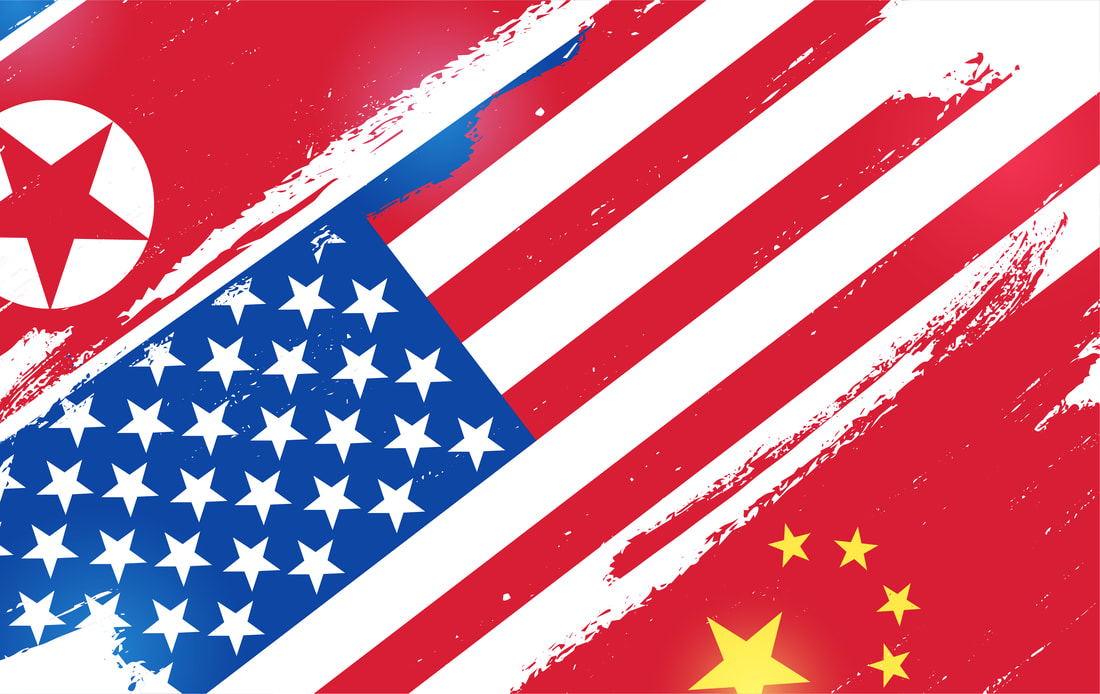
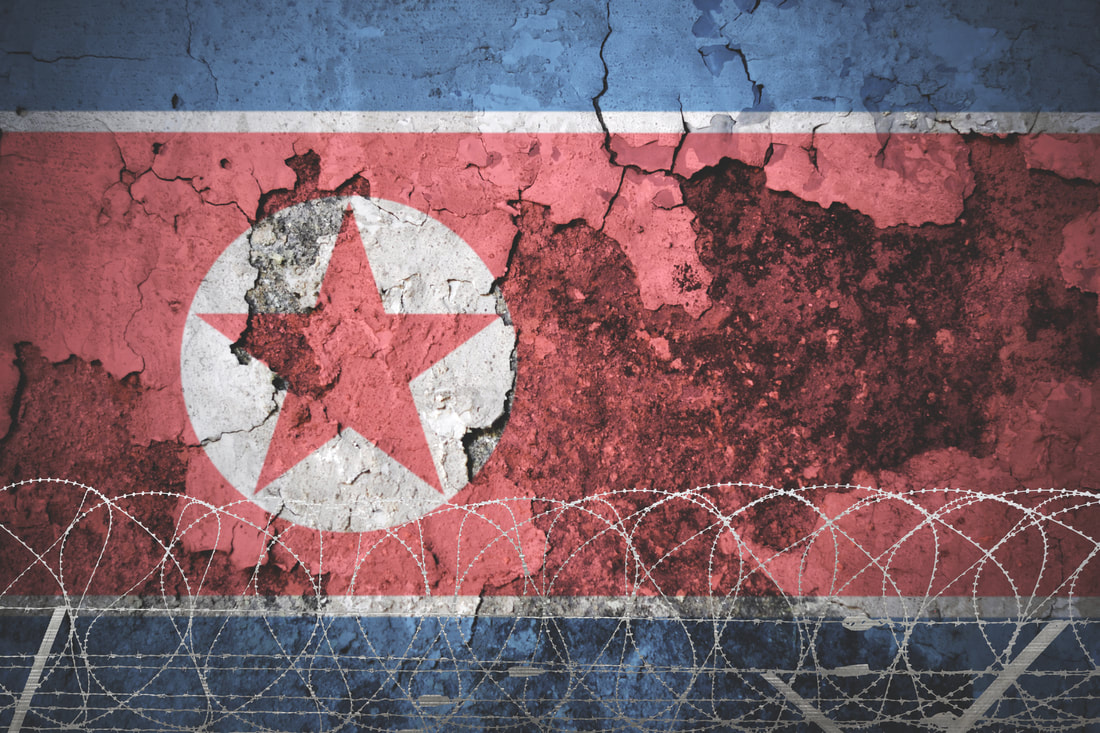
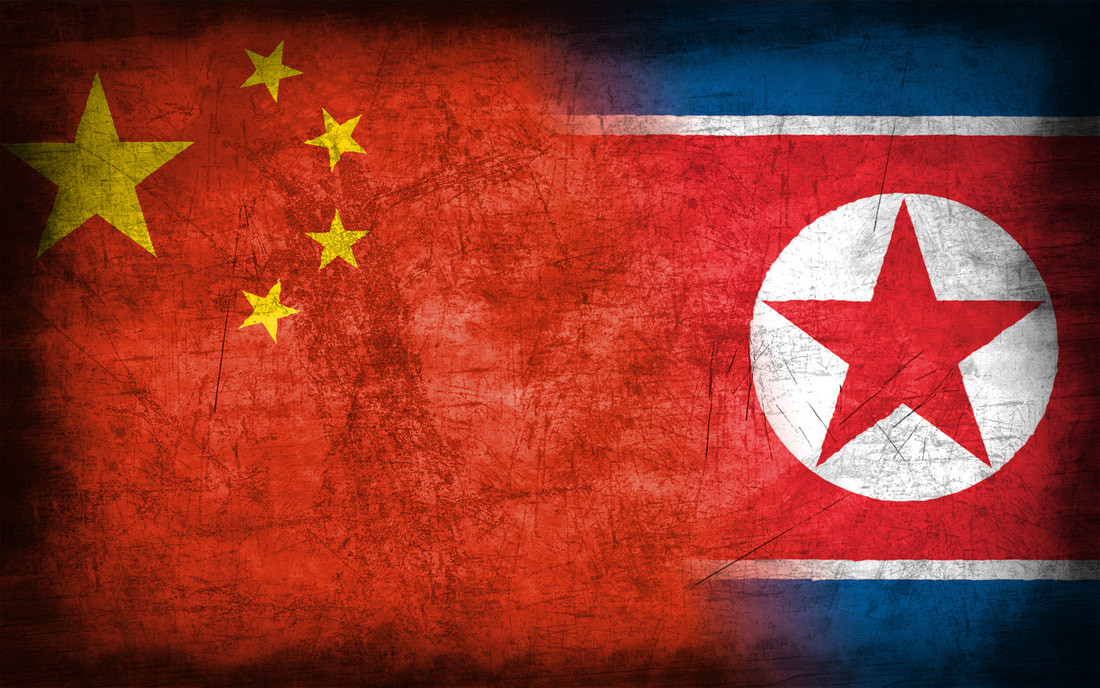
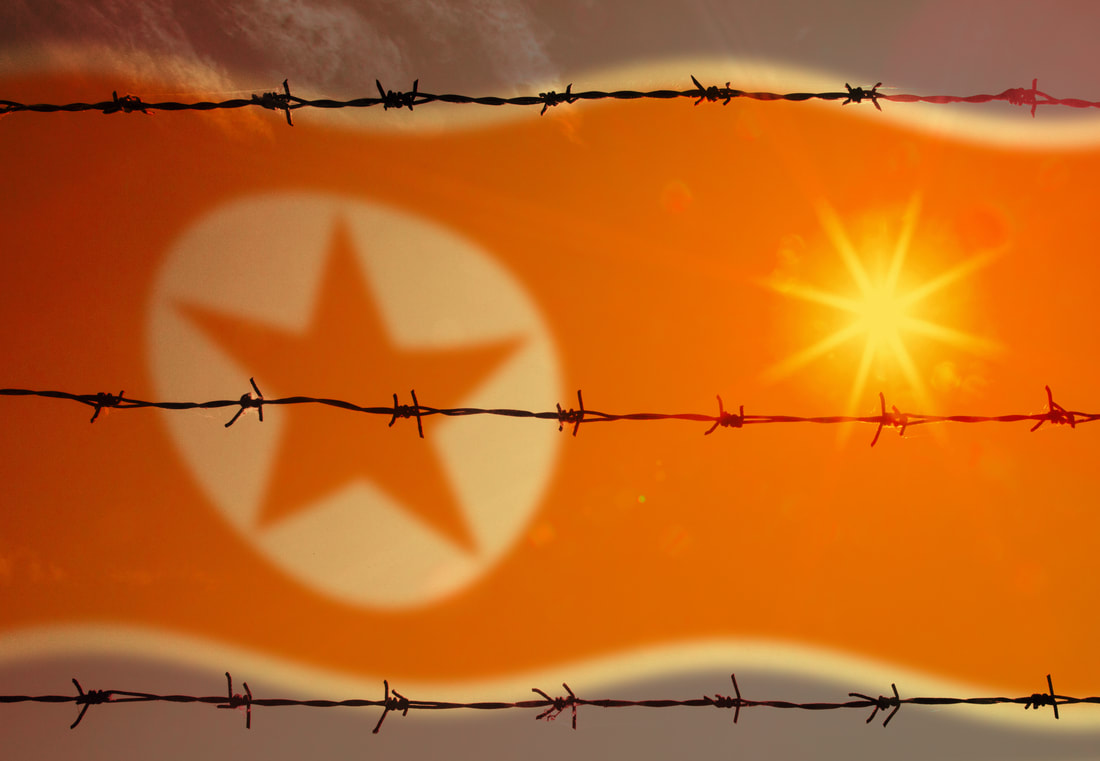
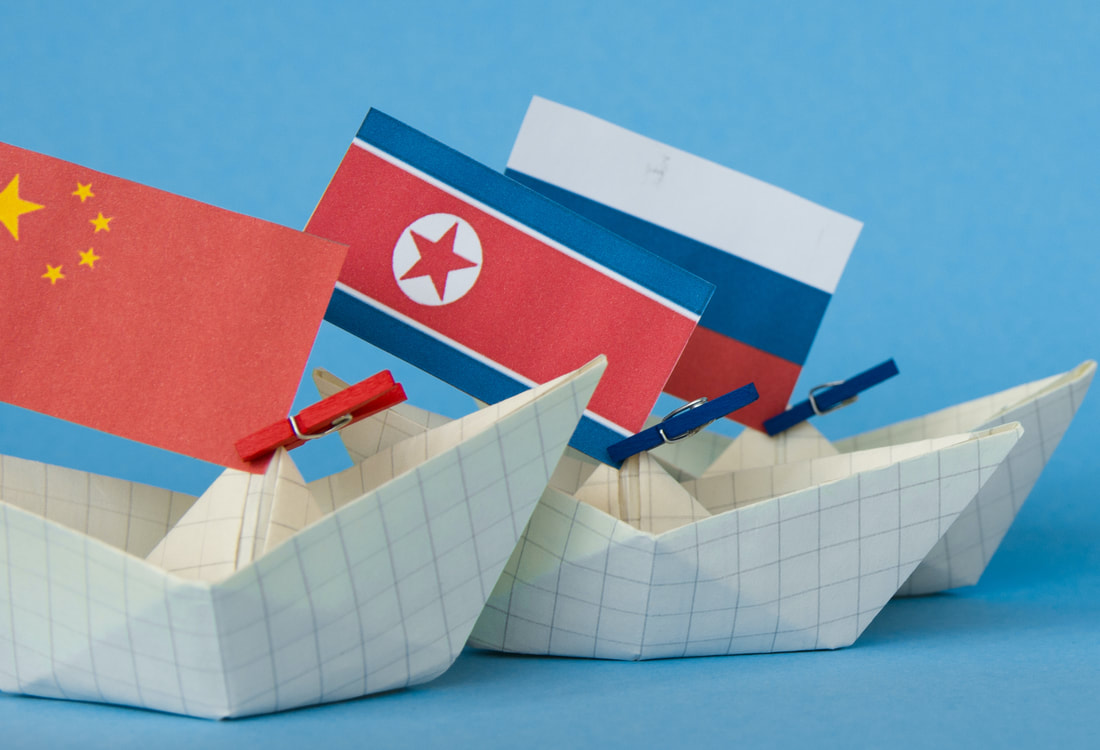
 RSS Feed
RSS Feed
